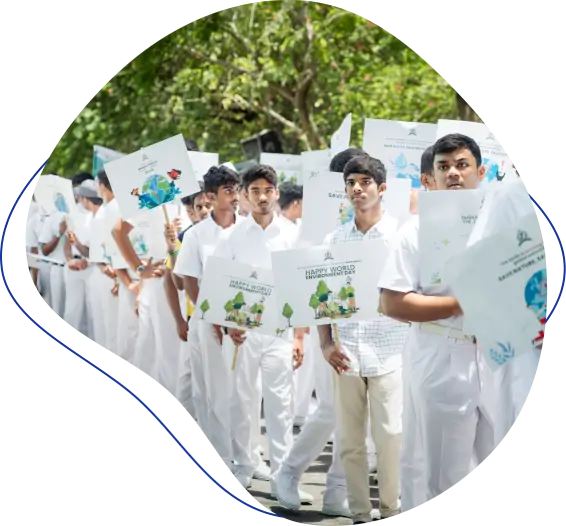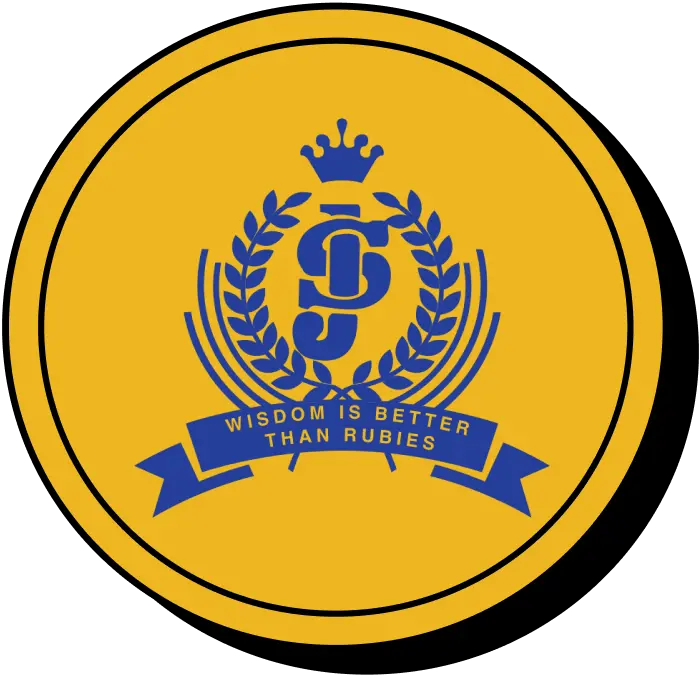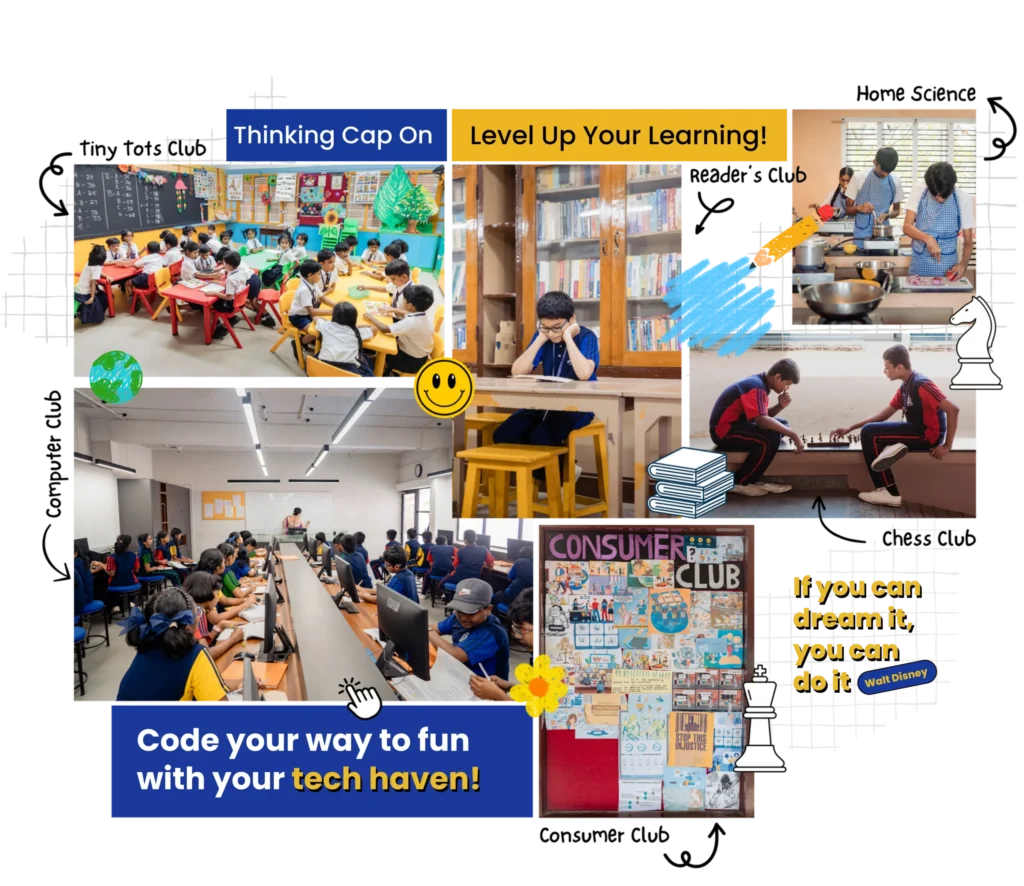
Co-Curricular Activities
The Co-curricular activities are designed to stimulate the interest of the students in hobbies and provide opportunities for self-expression thereby ensuring the formation of balanced and integrated personalities. These activities are conducted through clubs that monitor the activities.
English Literary Club
Social Science Club
Science Club
Commerce Club
Eco Club
Tiny Tots Club
Fine Arts Club
Computer Science Club
Self-awareness Club
Quiz Club
Tamil Literary Club
Hindi Literary Club
Readers’ Club
Hobby Club
Scripture Club
Co-Curricular Activities
The Co-curricular activities are designed to stimulate the interest of the students in hobbies and provide opportunities for self-expression thereby ensuring the formation of balanced and integrated personalities. These activities are conducted through clubs that monitor the activities.
- English Literary Club
- Computer Science Club
- Consumer Awareness Club
- Hindi Literary Club
- Photography Club
- Tiny Tots Club
- Science Club
- Hobby Club
- Sports Club
- Quiz Club
- Social Science Club
- Commerce Club
- Fine Arts Club
- Self-awareness Club
- Tamil Literary Club
- Readers’ Club
- Scripture Club
- Journalism Club
- Philately Club
- Eco Club
Consumer Awareness Club
Journalism Club
Photography Club
Philately Club
Sports Club
Extra Curricular Activities
To ensure the development of the personality of the students, the school provides ample opportunities for the students to engage themselves in a wide variety of extra-curricular activities.
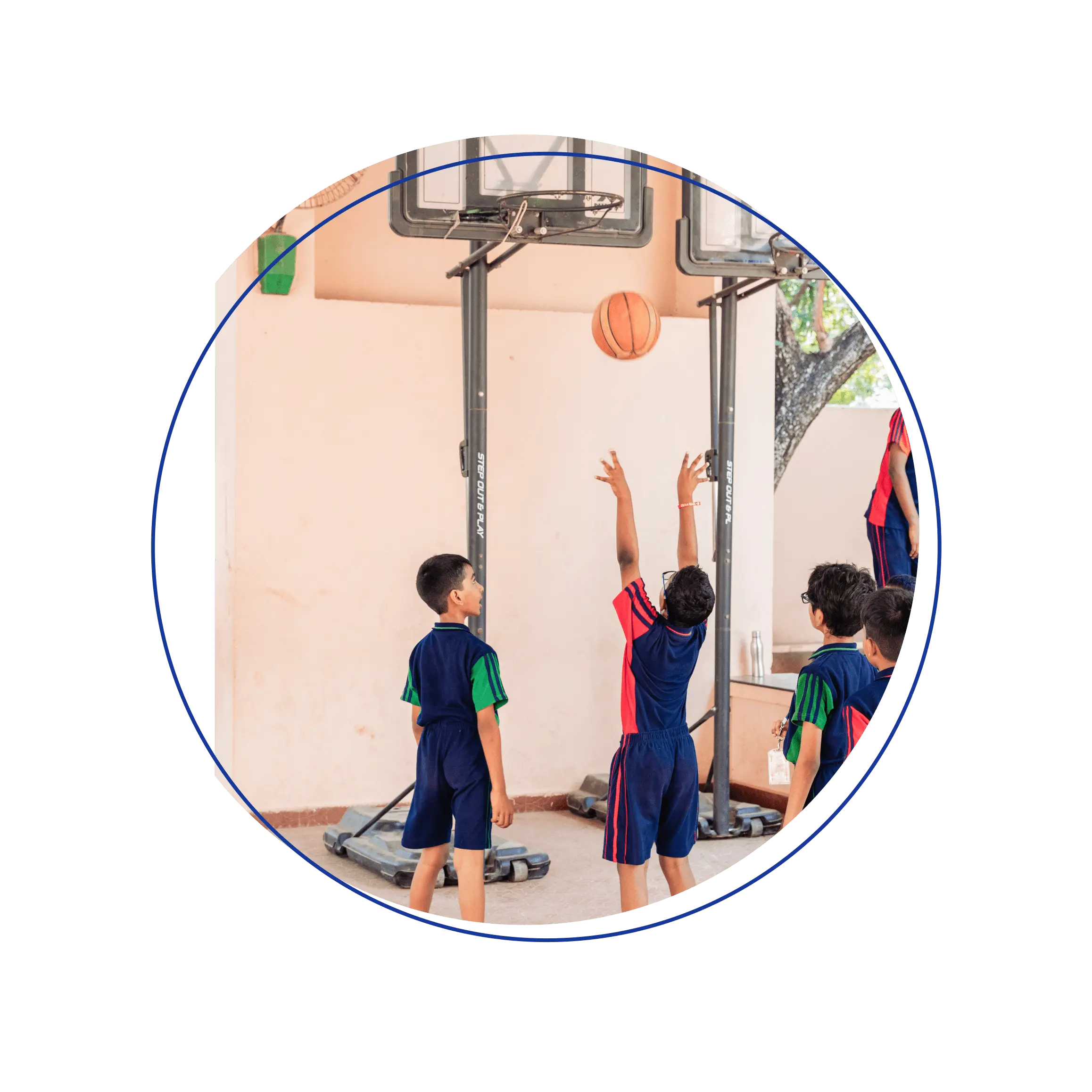
Sports & Games
Our school offers a variety of games and sports under the guidance of qualified instructors, providing students with the opportunity to discover their talents and develop their physical skills.
Shuttle Badminton
Chess
Carrom
Throwball
Cricket
Football
Tennikoit
Khokho
Volley-Ball
Table Tennis
- Shuttle Badminton
- Chess
- Carrom
- Throwball
- Cricket
- Football
- Tennikoit
- Khokho
- Volleyball
- Table Tennis
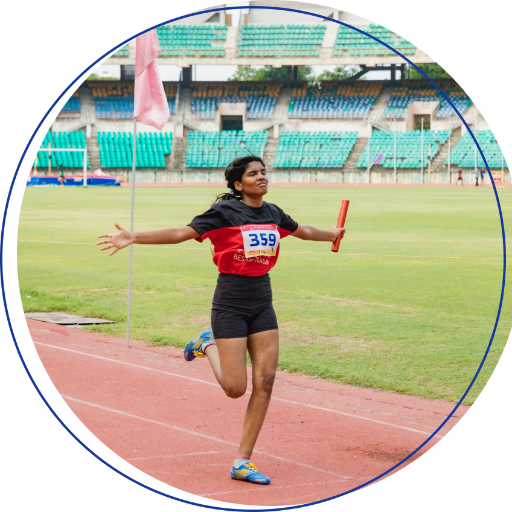
Athletic instruction and vigorous training are imparted in
Field Events
- High Jump
- Long Jump
- Triple Jump
Track Events
- Short Distance
- Long Distance
Throws
- Discus
- Javelin
- Shotput
Field Events
High Jump | Long Jump | Triple Jump
Track Events
Short Distance | Long Distance
Throws
Discus | Javelin | Shortput
The school conducts Intramural Games between the four houses to inculcate the spirit of sportsmanship among our students. A full-fledged standard Athletic Meet is conducted among the members of all four houses in all the standard events.
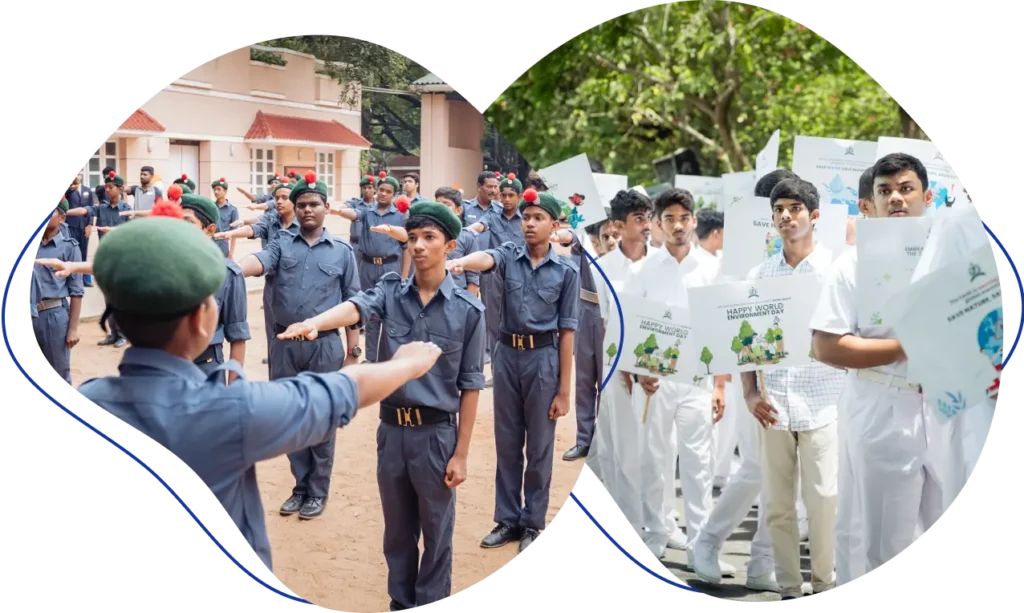

National Cadet Corps (NCC)
The School has a full-fledged Junior Division (School level) National Cadet Corps – Air Force Wing affiliated to 1(TN) Air Squadron. The NCC inculcates in the youth a sense of discipline, a spirit of adventure, and a strong feeling of service to society and the nation
Fine Arts Club
St.John’s Nature Club is affiliated with the Nature Club of India – The Youth Movement of Worldwide Fund for Nature – India. Boys and girls – VI to IX Std. will be enrolled in this club.
Eco Club
St.John’s Nature Club is affiliated with the Nature Club of India – The Youth Movement of Worldwide Fund for Nature – India. Boys and girls – VI to IX Std. will be enrolled in this club.
Reader’s club
This is a wing of the Department of Library Science and the Department of English. It inculcates reading habits, fosters creative expression through book reviews, etc.
Consumer Awareness Club
This is a registered body under the Consumer Council of India. It gives awareness to the students about the role of Consumers in Society.
